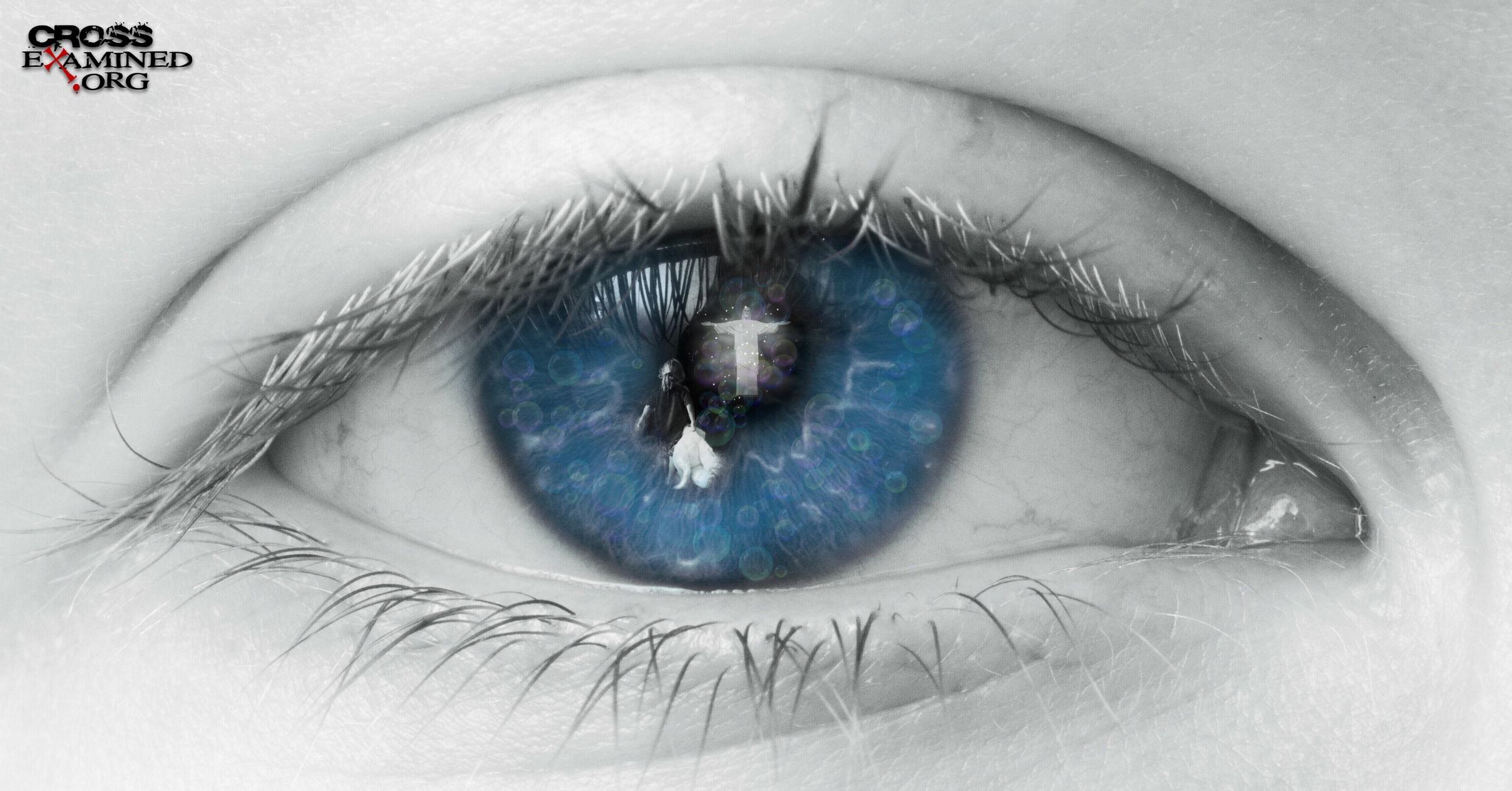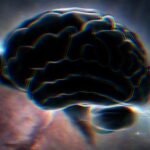God gave us free will so that we can freely choose Him, for freedom of choice is essential to love. But, the skeptic counters, many people do not believe God is real. Why doesn’t God reveal himself more clearly? This question has considerable surface appeal, as it plays on our intuitive sense of fairness. Despite the vast number of people who believe that the evidence for God’s existence, and for Christ’s deity, is more than sufficient to ground a solid faith, there are always others who say they might believe “if only….” And if God really does want all to be saved, why doesn’t He provide them with that extra level of proof?

Before attempting an answer, it’s worth taking a closer look at what the skeptic is really saying: “I’m not interested in what your evidence shows. It’s not enough to satisfy me. I want my personal standard to be met. Satan knew of God’s existence and still rejected Him. Why can’t I get that level of proof?”
This is an odd challenge, because it ignores the objective nature of “evidence” and instead focuses on the subjective nature of a person’s response to it. It moves from considering what conclusions the evidence might support to considering what more could be added to make the conclusion even stronger. In the criminal courts, it is not uncommon to present a compelling case which, after days of deliberations, results in a “hang” and the need for a retrial. Eleven jurors might be completely convinced as to the truth of the charge, but one juror can insist that he needs more evidence. Now, perhaps that one has found something that no one else could see, despite days of discussion; more likely, the lone juror is unwilling to convict – to follow where the truth leads – for other reasons. If he follows the skeptics’ lead here, that juror might say: “I’ve heard of cases in which there is a confession to the crime and still the jury did not convict, so I am justified in voting not guilty here until I get the kind of evidence that I want.”
Like the skeptic in the present challenge, this juror is making a statement, and not an argument. The fact that greater evidence could be produced in support of a claim is a given; it is true for all possible claims at all possible times, because perfect proof is not possible. But this assertion is not an argument that the evidence that was produced is insufficient. In fact, it does not address the weight and convincing force of the evidence at all.
Returning to the original challenge, what is it that would convince the skeptic? The answer: total knowledge of God, the same kind of knowledge Satan may have had. That means the skeptic wants full knowledge of that Being which embodies the ultimate perfections, that Being from whom derives all things good and worthy of praise and apart from whom there is only deprivation and evil for time without end. Full knowledge of that Being would also entail full knowledge of the consequences of accepting or rejecting His offer of life with Him. Satan was some type of spiritual creature; we know little about him, other than that he used his will to oppose God. But we are all human beings, and as such, we have intimate knowledge of man and his nature. Could we really face that level of knowledge? Would it not be apparent to all that the choice to accept God would be coerced and no longer free? Free will would become a mere fiction.
God set the level of evidence of Him in a way that is fitting to our nature. He does not reveal more because what He has revealed is sufficient, which explains perhaps why the vast majority of all who have ever lived have sought in some way for the God they know is there. We are without excuse, the Bible says, for the knowledge of God is written on our very hearts. We may blur that knowledge with the frantic pace of our lives, or silence it with our insistence on having things our way. But what we have been given is enough to ground our faith, if we only use our minds and our ability to reason to assess what has been revealed to us. But for those who choose not to believe, there is freedom to pursue that course, a course marked by self-will and the quest for control.
Yes, the evidence could always be better. But imperfect human beings rely on imperfect knowledge all the time. The evidence we do have is worth considering, and it may well change the course of your life… if only you give it the chance.
Original Blog Source: http://bit.ly/2npnKQO

















Facebook Comments